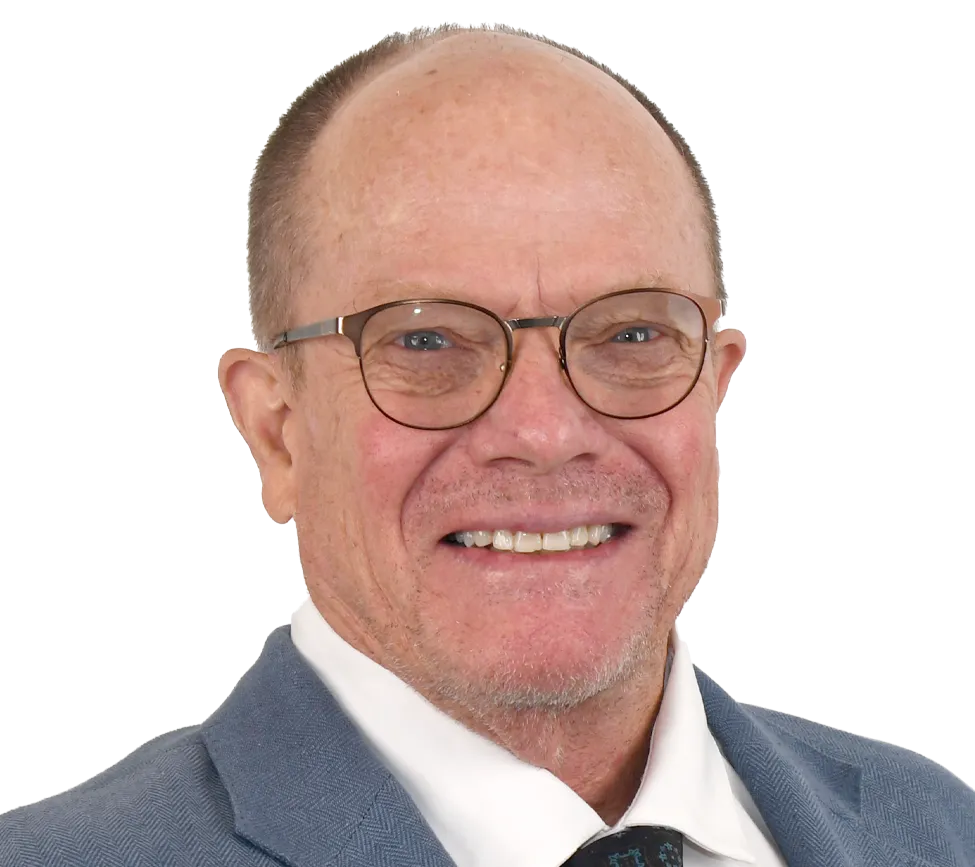

- M.S., Mechanical Engineering, University of Washington, 1982
- B.S., Physical Sciences, Stanford University, 1978
- Professional Engineer, Alabama, #28609
- Professional Engineer, North Carolina, #16761
- Professional Engineer, South Carolina, #14712
- Certified English XL Tribometrist (CXLT)
- Tau Beta Pi
- American Society of Mechanical Engineers — ASME
- American Society of Safety Engineers — ASSE (Professional Member)
- American Society for Testing and Materials — ASTM
- National Society of Professional Engineers — NSPE
- National Fire Protection Association — NFPA
- Society of Automotive Engineers — SAE
Mr. C. Michael Dickinson, MSME, PE is a Principal Engineer at Exponent, Inc. in the Vehicle Engineering Practice. He is a registered professional mechanical engineer in three states (NC, SC, and AL). He has investigated and analyzed over 1,500 accidents and incidents in 33 states, Canada and France. He has testified in deposition and trial in over 150 matters as an expert in Accident Reconstruction, Failure Analysis, and Safety Engineering.
Mr. Dickinson provides scientific and engineering consulting services in the areas of mechanical engineering, failure analysis, accident reconstruction, data analysis, and consumer and industrial product design and safety evaluations. He has specialized expertise regarding: accident causation; component, mechanism, and system failures; design and the manufacturing of mechanical systems; government regulations and codes as well as consensus industry standards. He has investigated and analyzed hundreds of accidents that occurred at mines, construction sites, railroads, pulp and paper plants, textile manufacturing facilities, and steel mills. He has provided scientific analysis and expert testimony on product-related and machinery-related cases involving: bucket trucks, scissor lifts, winches, hoists, rigging, dozers, excavators, backhoes, skid-steer loaders, cranes, conveyors, presses, automatic guided vehicles, go-karts, freight car brake systems, derailment causation, elastomeric straps, saws, textile processing machinery, intermodal container and freight car loading, lawn mowers, hydraulic cylinders, moving walkways, and automatic doors. Mr. Dickinson has also performed investigations and accident reconstructions that include pedestrian falls, falling objects, and motor vehicle accidents. Mr. Dickinson has specialized expertise in the following areas that may contribute to and/or cause traffic accidents: roadway conditions, line-of-sight and nighttime visibility, speed, stopping distance, the condition and function of vehicle components and systems, right of way violations and centerline crossing, vehicle handling, and accident avoidance.
Mr. Dickinson has provided engineering consulting and safety engineering services to textile machinery manufacturers, textile producers, engineered materials manufacturers, tobacco processors, motor vehicle manufacturers, printing equipment manufacturers, and the utility and railroad industries. Significant projects performed for commercial clients include: monitoring and analysis of process plant utilization of compressed air and steam, including use-optimization analyses and development of recommendations for equipment and procedural modifications to improve efficiency; development of a non-destructive instrumentation and testing technique to identify the presence of through wall cracks in fiberglass booms; reliability and risk analysis of freight car roller bearings, including development of a preventive maintenance program for the freight car fleet; safety evaluation of new machinery and machine components for the U.S. market for foreign-based equipment manufacturers; risk analysis and safety history evaluation for textile cards and crosslappers; safety evaluation of a new non-woven textile production facility including analysis of facility-related safety issues and machinery-related safety issues; design, development, and testing of a torsion bar rear suspension assembly for transit buses; theoretical study and experiments related to the mounting process for reusable cylinder surfaces (RCS sleeves) for the printing industry; design of a conditioning machine for cellulose acetate tow; design of equipment for the deployment and retrieval of monitoring equipment beneath hazardous material landfills; design of a precision laser cutting machine for RCS sleeves; safety review of an entire injection molding plant; concept evaluation and stress analysis of a coiler-recoiler for sheet metal processing; and occupational noise measurement and analysis in textile processing facilities.